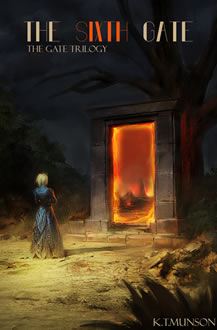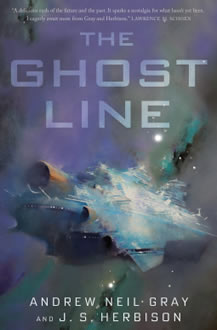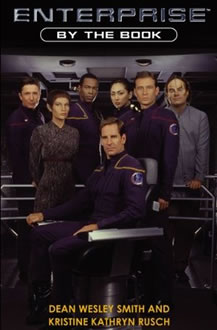

on 01/02/2014
Pages: 310
Format: eARC
Buy on Amazon • Series Reading Order •
Call it the Vietnam Syndrome or Black Hawk Down blowback. It's the standard assumption that Americans won't tolerate combat casualties, that a rising body count lowers support for war. But that's not true, argues historian Steven Casey; even worse, this assumption damages democracy. Fearing a backlash, the military has routinely distorted its casualty reports in order to hide the true cost of war.
When Soldiers Fall takes a new look at the way Americans have dealt with the toll of armed conflict. Drawing on a vast array of sources, from George Patton's command papers to previously untapped New York Times archives, Casey ranges from World War I (when the U.S. government first began to report casualties) to the War on Terror, examining official policy, the press, and the public reaction. Not surprisingly, leaders from Douglas MacArthur to Donald Rumsfeld have played down casualties. But the reverse has sometimes been true. At a crucial moment in World War II, the military actually exaggerated casualties to counter the public's complacency about ultimate victory. More often, though, official announcements have been unclear, out of date, or deliberately misleading--resulting in media challenges. In World War I, reporters had to rely on figures published by the enemy; in World War II, the armed forces went for an entire year without releasing casualty tallies. Casey discusses the impact of changing presidential administrations, the role of technology, the dispersal of correspondents to cover multiple conflicts, and the enormous improvements in our ability to identify bodies. Recreating the controversies that have surrounded key battles, from the Meuse-Argonne to the Tet Offensive to Fallujah, the author challenges the formula that higher losses lower support for war.
I received this book for free from in exchange for an honest review. This does not affect my opinion of the book or the content of my review.
Review by Travis Starnes
Since Vietnam the public discourse of casualties has become a major issue in American politics but it has been something examined and considered for since the first casualty reporting during World War I. When Soldiers Fall examines how the government has dealt with the issue of military casualties and the reporting of casualties to the public.
Often when a book examines a very minute and specific area of public policy I expect something more academic then geared for entertainment. That was my expectation when coming into When Soldiers Fall and I have to say I was pleasantly surprised. While there was clearly a lot of in-depth research done for this book Casey does an excellent job of presenting his data and thoughts on the subject in a very conversational and accessible manner. The book flows very well and is a fast and easy read if you have any interest in history at all.
The book really starts with policy in World War I and moves through this section pretty quickly. I enjoyed this section the most as it wasn’t bogged down and felt more like a survey of US casualty reporting then a true analysis. While the later sections aren’t bad Casey spends a lot of time looking at the media impact on causality reporting which really started in earnest with Vietnam and the introduction of the TV.
While this is a controversial subject Casey does an excellent job of providing the information in an informative and interesting way. It isn’t a subject you read a lot about in most history books so fans of the genre will find a lot of new ground here to explore.
| Rating Report | |
|---|---|
| Plot | |
| Characters | |
| Writing | |
| Pacing | |
| Cover | |
| Overall: | 4.1 |

























Leave a Reply